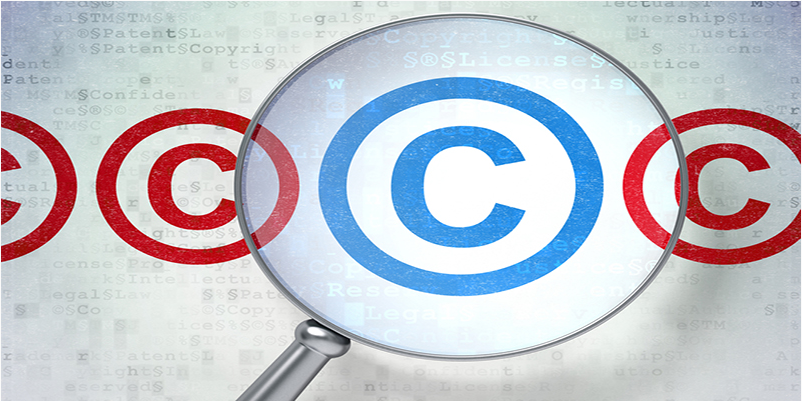You are viewing our site as a Broker, Switch Your View:
Agent | Broker Reset Filters to Default Back to ListYour Content and the Doctrine of Fair Use
April 10 2014
 Fresh, interesting and visitor-valued content is a challenge for every real estate professional in building out their web presence. Not only do we try to create our own totally original content, but we can also provide value to our site visitors by citing other articles around the Internet with real estate related content. The question is whether, and how much, content of others we can quote or copy into our posts or articles.
Fresh, interesting and visitor-valued content is a challenge for every real estate professional in building out their web presence. Not only do we try to create our own totally original content, but we can also provide value to our site visitors by citing other articles around the Internet with real estate related content. The question is whether, and how much, content of others we can quote or copy into our posts or articles.
The "Doctrine of Fair Use" gives us specific guidelines, and this article is taking information directly from the Copyright.gov website, the legal authority on the subject. First, a blanket statement: You cannot copy whole articles or blog posts legally, and simply giving the author credit or a link doesn't make it legal. This is a misconception shared by many website owners out there.
Every word you or anyone else creates as your original work is protected by copyright, and you don't need to file any documents to make that happen. If you write and publish it, the content is protected. Section 107 of the copyright law brings together numerous court decisions over the years to create the doctrine of fair use. Section 107 gives us four factors to consider in determining whether or not our use of someone's content is "fair use."
- The purpose and character of the use, including whether such use is of commercial nature or is for nonprofit educational purposes.
- The nature of the copyrighted work.
- The amount and substantiality of the portion used in relation to the copyrighted work as a whole.
- The effect of the use upon the potential market for, or value of, the copyrighted work.
These all are reasonable considerations, but they leave their interpretation up to the courts, and there's a lot of ambiguity possible. Let's take them one at a time and see how they may apply:
Purpose and character of use: Let's agree first that a real estate website is promoting a service for profit, so it is commercial. It doesn't matter how you dress up the content, how instructional it is, or how your visitors may perceive it; it's commercial if you take leads for your business.
Nature of the work: This can be very confusing, but basically, what is the intent, use, or purpose of the original work? It could be clearly for commercial purposes, such as an article at a major real estate site like Zillow.com or Trulia.com. Those sites make money and publish content for that purpose. However, if it's a university site or a dictionary site, it could be considered educational content.
Amount and substantiality: This is all about quantity and relationship to the quantity of content as a whole. In other words, copying a paragraph out of a chapter of a book to illustrate a point might be fine, but copying the whole chapter would likely be a violation.
Effect of the use: Could your copying of content from another real estate website potentially damage them economically by drawing traffic away from the site with the original content?
The site gives examples of activities that courts have regarded as fair use:
"Quotation of excerpts in a review or criticism for purposes of illustration or comment; quotation of short passages in a scholarly or technical work, for illustration or clarification of the author's observations; use in a parody of some of the content of the work parodied; summary of an address or article, with brief quotations, in a news report; reproduction by a library of a portion of a work to replace part of a damaged copy; reproduction by a teacher or student of a small part of a work to illustrate a lesson..."
Think before you copy, but feel free to quote small segments of larger text to direct a visitor to another site article of value to them.
To view the original article, visit the WebsiteBox blog.









